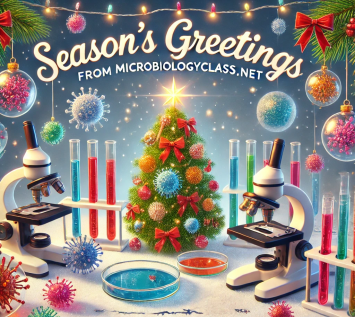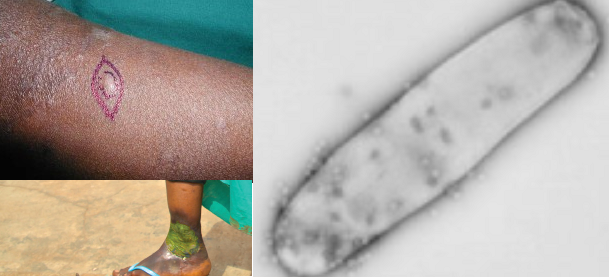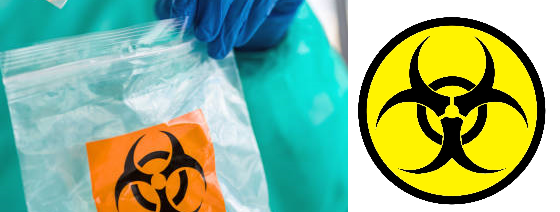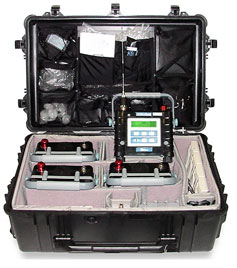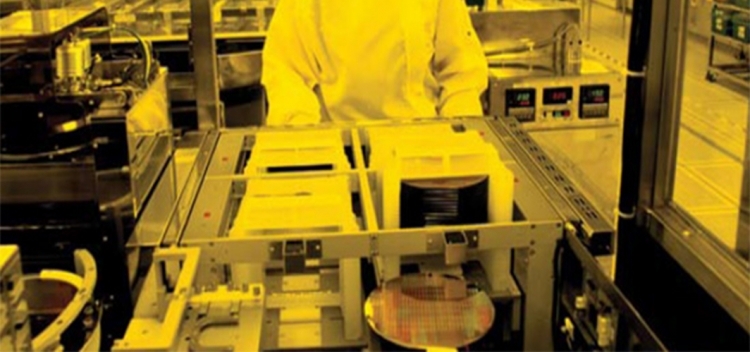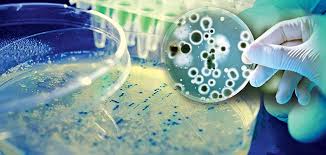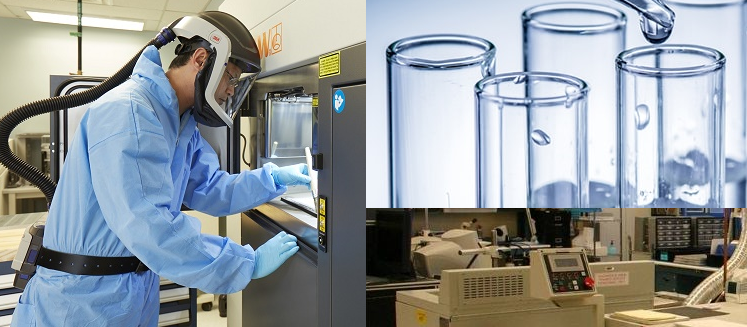Assessing RNA Purity, Concentration and Integrity
The integrity, purity and concentration of the RNA so isolated should be confirmed before proceeding to the next stage of the experiment. This is critical because it will help the researcher to know the amount of RNA he or she is working with, as well as ascertain its purity and integrity. And in this way, […]
Assessing RNA Purity, Concentration and Integrity Read More »
Biotechnology, Molecular Microbiology, Techniques in Microbiology Lab